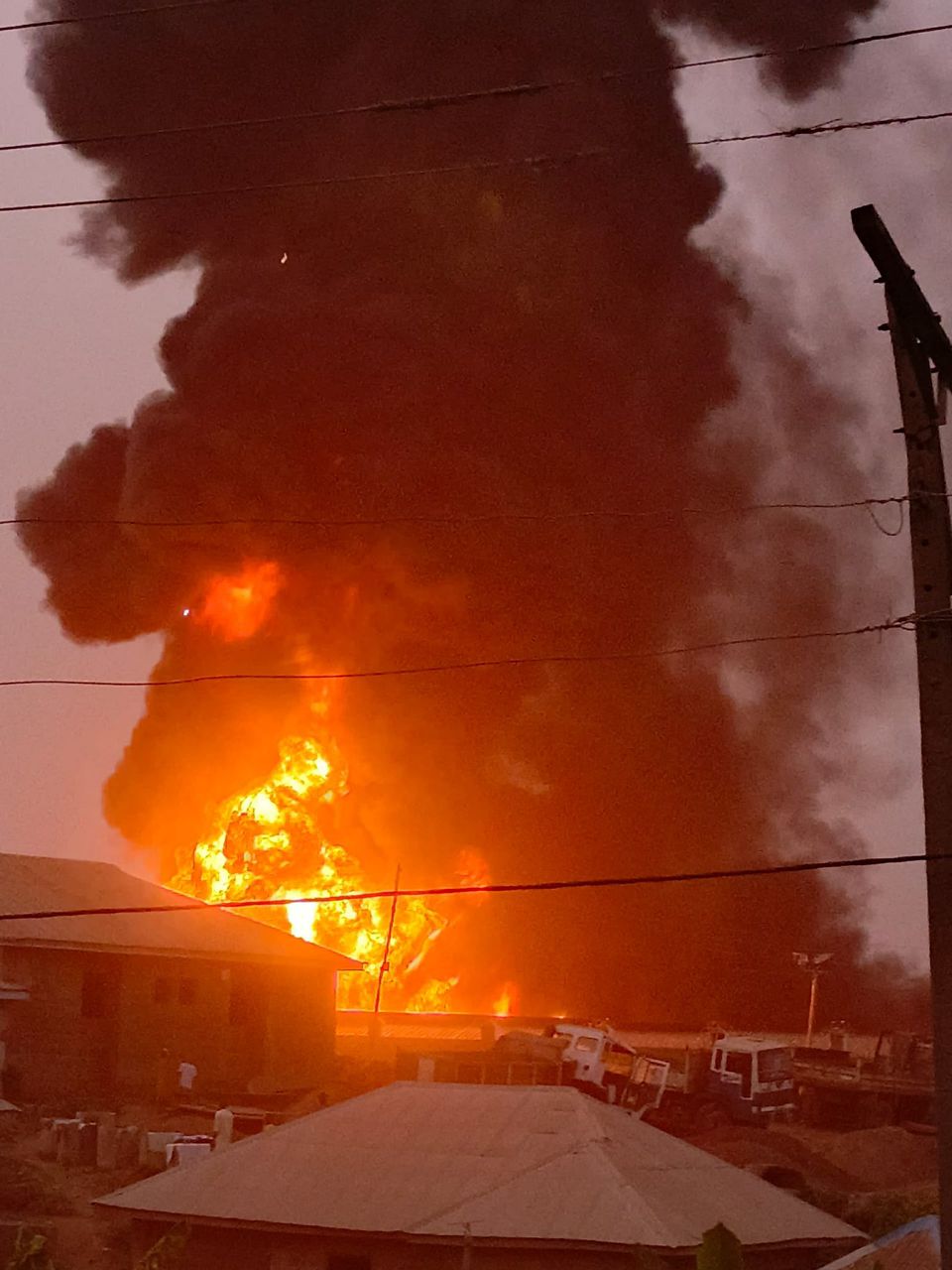NEMA urges early preparedness for disaster management
The National Emergency Management Agency (NEMA) says early preparedness and effective disaster management strategies are key to saving lives and reducing disaster impacts.
The director general of NEMA, Zubeida Umar stated this on Wednesday at a Lessons Learned Exercise (LLE) workshop for emergency preparedness and response, organised in collaboration with the World Bank.
Represented by Onimode Bandele, the director of planning research and forecasting, NEMA, Ms Umar said the agency would forestall a repeat of the 2012 and 2022 flood disasters.
“You will all agree with me that there were two landmark flood disasters that Nigeria have witnessed in the recent past which were that of 2012 and 2022.
“In 2012, no fewer than 363 people were killed, 5,851 injured, 3,891,314 affected, and 3,871,53 were displaced due to the resulting floods.
“In 2022 also,about 665 people lost their lives, 3,181 injured, 4,476,867 affected and 2,437,411 displaced.
“These were accompanied by economic, agriculture, and livelihood losses,” she said.
Ms Umar noted that the LLE was a step in the right direction in the critical period when Nigeria was experiencing climate related hazards such as flooding.
“The purpose of selecting a single focusing event for the LLE is not only to identify what happened during that events or what might have been done differently.
“The World Bank in collaboration with NEMA carried out this LLE in order to understand the systemic opportunities, to develop and strengthen the core element of Nigeria’s emergency preparedness in the national and dub- national levels.
“The focus is to give key government officials and emergency relief entities an opportunity to discuss the country’s systems, procedures, and experiences related to emergency preparedness and response.
“Also, it is to better understand each agency’s perspective, capacities and placement within response operations using the 2022 flood experience,” she said.
The DG commended the World Bank and the Global Fund for Disaster Risk Reduction (GFDRR) for the initiative .
She, urged participants to actively engage in discussions to enhance Nigeria’s emergency preparedness and response system.
A senior disaster risk management specialist at the World Bank, Nkem Joseph-Palmer, said that climate change was the “new normal,” leading to more frequent and severe emergencies.
Highlighting the critical need for investing in disaster preparedness and response systems in Nigeria, Joseph-Palmer explained the importance of both structural and non-structural measures in addressing the challenges.
He cited a striking statistic, stating that for every $1 spent on preparedness, up to $18 in potential disaster response costs could be saved.
He further stressed the importance of strengthening systems and capacities at all levels of government to protect local communities during disasters.
(NAN)













Post Comment